Summary

Inexorable
by Jo-Anne Joseph
They call me a God, Demon, Monster.
It depends on which side of me they've faced.
I'm cold, with an insatiable thirst for blood,
If you've got my attention,
You're either next on my list or about to slip into my sheets.
I'm Arthur Calthorpe, leader of the Soldati di Sangue.
I don't trust. I own.
I don't love, I desire.
I don't ask, I take.
And I want Gaia.
The silver-haired tyrant is a ruthless criminal,
The first time I saw him was in my mother's bed,
But the monster has set his sights on me.
He's relentless, and he's found my Achilles heel.
When he offers me a bargain, I'm hard-pressed to refuse.
What lengths am I willing to go to be free of him, and how far will he go to stop me?
The trouble is those eyes and the fact that I want to know the story behind them.
.
Read
Inexorable on http://kissnovel.net
Martial Peak Reviews
Jo-Anne Joseph's Inexorable is a gripping tale that delves into the dark and twisted realms of desire, power, and the complexities of human (and inhuman) relationships. The narrative is anchored by its protagonist, Arthur Calthorpe, a character who embodies the duality of a god and a monster, a theme that resonates throughout the book. The blurb sets the stage for a story steeped in tension and intrigue, and Joseph does not disappoint in delivering a narrative that is both captivating and thought-provoking.
From the outset, the reader is introduced to Arthur, the leader of the Soldati di Sangue, a ruthless criminal organization. His characterization is rich and multifaceted; he is portrayed as cold and calculating, with an insatiable thirst for blood—both literally and metaphorically. Arthur's complexity is one of the book's strongest points. He is not merely a villain; he is a product of his environment, shaped by a past that is hinted at but not fully revealed until later in the story. This gradual unveiling of his backstory adds depth to his character and keeps the reader engaged, eager to learn more about the man behind the monster.
Gaia, the female lead, serves as a compelling counterpoint to Arthur. Her initial fear and repulsion towards him evolve into a complex relationship that challenges her perceptions of power and desire. The dynamic between Arthur and Gaia is electric, filled with tension that oscillates between attraction and repulsion. Joseph skillfully navigates this intricate dance, exploring themes of consent, agency, and the often-blurred lines between love and obsession. Gaia's internal struggle is palpable; she grapples with her feelings for Arthur while trying to maintain her autonomy in a world where power dynamics are starkly defined.
One of the most striking aspects of Inexorable is its exploration of the theme of power. Arthur's assertion that he does not trust, love, or ask but rather owns, desires, and takes, serves as a chilling reminder of the darker aspects of human nature. This theme is not just limited to Arthur; it permeates the relationships between all characters, creating a world where trust is a luxury and power is the ultimate currency. Joseph's portrayal of this theme is nuanced; she does not glorify power but rather presents it as a double-edged sword that can lead to both destruction and liberation.
The world-building in Inexorable is another highlight. Joseph crafts a vivid and immersive setting that feels both familiar and otherworldly. The Soldati di Sangue, with their criminal undertones and dark allure, create a backdrop that enhances the story's tension. The author’s descriptive prose brings to life the gritty realities of this world, making it easy for readers to visualize the scenes and feel the weight of the characters' choices. The atmosphere is thick with suspense, and Joseph expertly maintains this tension throughout the narrative, ensuring that readers are kept on the edge of their seats.
Character development is a cornerstone of this novel. Both Arthur and Gaia undergo significant transformations as the story progresses. Arthur's journey is particularly compelling; as the layers of his character are peeled back, the reader is invited to empathize with him, even as his actions remain morally ambiguous. This complexity makes him a fascinating character to follow. Gaia, too, evolves from a position of fear to one of agency, challenging the reader's perceptions of strength and vulnerability. Their relationship becomes a catalyst for their growth, forcing both characters to confront their demons and desires.
The pacing of the novel is well-executed, with a balance between action and introspection. Joseph knows when to ramp up the tension and when to allow for quieter moments of reflection, giving readers a chance to digest the emotional weight of the characters' experiences. This ebb and flow contribute to the overall impact of the story, making it a compelling read that lingers long after the final page is turned.
In comparison to other works in the genre, Inexorable stands out for its psychological depth and character-driven narrative. Readers who enjoyed books like Twilight by Stephenie Meyer or Fifty Shades of Grey by E.L. James may find themselves drawn to the complex relationship dynamics and moral ambiguities presented in Joseph's work. However, Joseph's approach is distinctly darker, offering a more nuanced exploration of power and desire that sets it apart from these more mainstream narratives.
In conclusion, Jo-Anne Joseph's Inexorable is a masterfully crafted tale that explores the intricate interplay of power, desire, and identity. With its rich character development, immersive world-building, and thought-provoking themes, the novel invites readers to question their own perceptions of love and morality. Arthur and Gaia's tumultuous relationship serves as a mirror to the complexities of human nature, making this book a must-read for those who appreciate stories that challenge and provoke. Joseph has undoubtedly established herself as a formidable voice in contemporary fiction, and Inexorable is a testament to her talent.




![When a Villain Meets a Villainess [StanRofanScans]](/upload/pic/manga/when-a-villain-meets-a-villainess--stanrofanscans-.jpg)
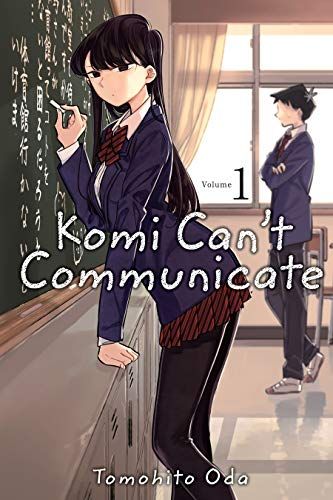
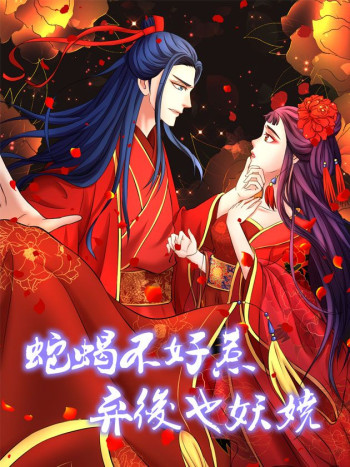

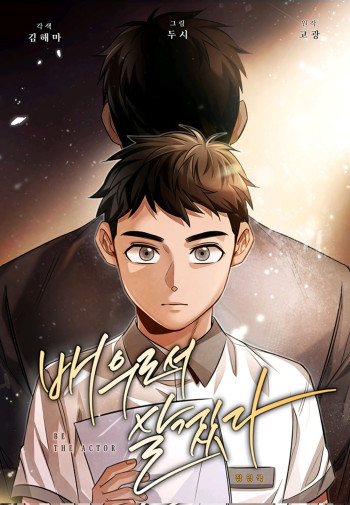
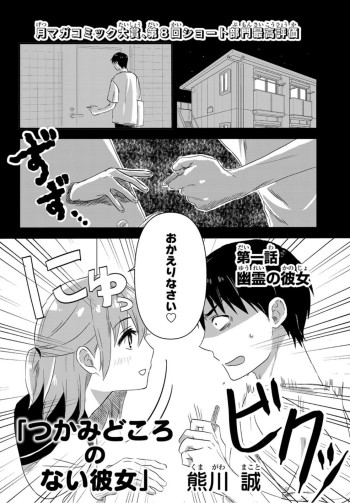



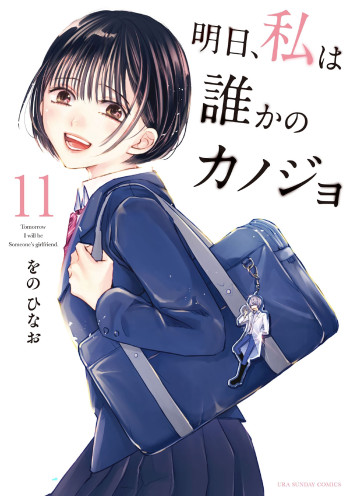










Reviews 0
Post a Reviews: